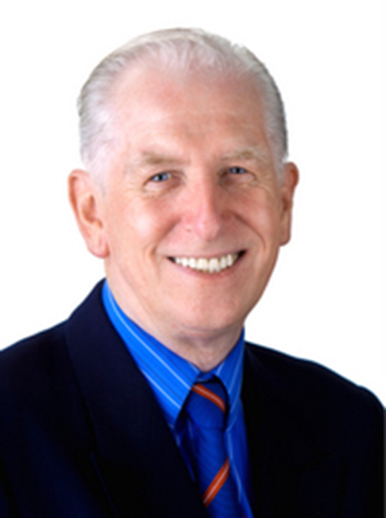To what extent were William Shakespeare, Marie Curie, Albert Einstein, Thomas Edison, Michelangelo, and other outstanding achievers, happy people? That has been part of the research that I have conducted on over 500 people, who have made outstanding contributions to our world. These include musicians, scientists, doctors, politicians, architects, engineers and various other professions.


However, each of the amazing people, regardless of being born poor or rich, produced work that is admired and revered by many today. Some of them, like Harriet Tubman, fought their way out of slavery, to develop a new life. Others moved from poverty to riches. Andrew Carnegie climbed from the lowest rung of the work ladder to become the wealthiest man in the world at that time. Coco Chanel, in her childhood, was an orphan in a nunnery. She transformed her life to become a leader of the fashion industry and made a fortune in the process.
In contrast, some people who were born into rich families decided to dedicate their lives to helping those in need. Florence Nightingale trained as a nurse, against the wishes of her wealthy parents, in order to tend the wounds of soldiers and poor people. Tolstoy, the Russian writer, had a grand estate, but in his youth, lived a rather rough and tough life.


Many people have asked if there was a key factor, or magic ingredient that explains why certain people were extraordinary achievers? Others have asked if there is a relationship between the factors associated with positive psychology and amazing people? There are, in my view, seven factors that stand out, in addition to other points related to physical and mental health.
Seven Amazing Factors:
While there is no single factor that explains why people were successful, there are some threads, which I call the A’s of amazing people.






Over the last decade, considerable research has been conducted on what is called, positive psychology. This has emerged, following the leadership given by Seligman1, who wrote that:
“We have discovered that there is a set of human strengths that are the most likely buffers against mental illness: courage, optimism, interpersonal skill, work ethic, hope, honesty and perseverance. Much of the task of prevention will be to create a science of human strength, whose mission will be to foster these virtues in young people.”


Yes, amazing people had a positive mindset, as reflected in research publications in this article. Some amazing people were, no doubt, determined to the point of obstinacy. They would work long hours, despite, in some cases, the cost to their health. That is because their work had personal meaning. It held their attention, as a result of their fascination with the opportunities and challenges. Many of them enjoyed creative innovation, while others worked intensively on researching the puzzles and problems that they faced.


While all of the amazing people relied, in some form, on the support of others, either family or a professional team; some preferred to spend long hours working alone. Beethoven, for example, was forced to do so when he became deaf. Others preferred quiet and relative isolation to develop their art or write their books.
So, they chose their level and degree of engagement with others. In contrast, some amazing people were more extroverted who enjoyed the company of others and their work reflected that.
Summary




Dr Charles Margerison, President and founder of Amazing People Worldwide, is a Psychologist. He is also President of Amazing People Schools. Dr Margerison has consulted widely for major organizations in the fields of organizational and educational psychology. He was previously Professor of Management at Cranfield University, UK, and the University of Queensland, Australia. He founded Amazing People Worldwide in 2006 and is supported by a dedicated global team. He previously co-founded Emerald Publications, and Team Management Systems and has authored more than 30 books. Dr Charles is also the creator of ‘Can Do Kids Worldwide, a virtual music group that helps students to learn about countries and cultures through music. He has also developed Imagineland, for early learners. You can follow him on Linked in .
For more information, please email info@amazingpeopleworldwide.com
Websites:






Copyright © 2021. Amazing People Worldwide.
All Rights Reserved.
This site is protected by reCAPTCHA and the Google
Privacy Policy and Terms of Service apply.



